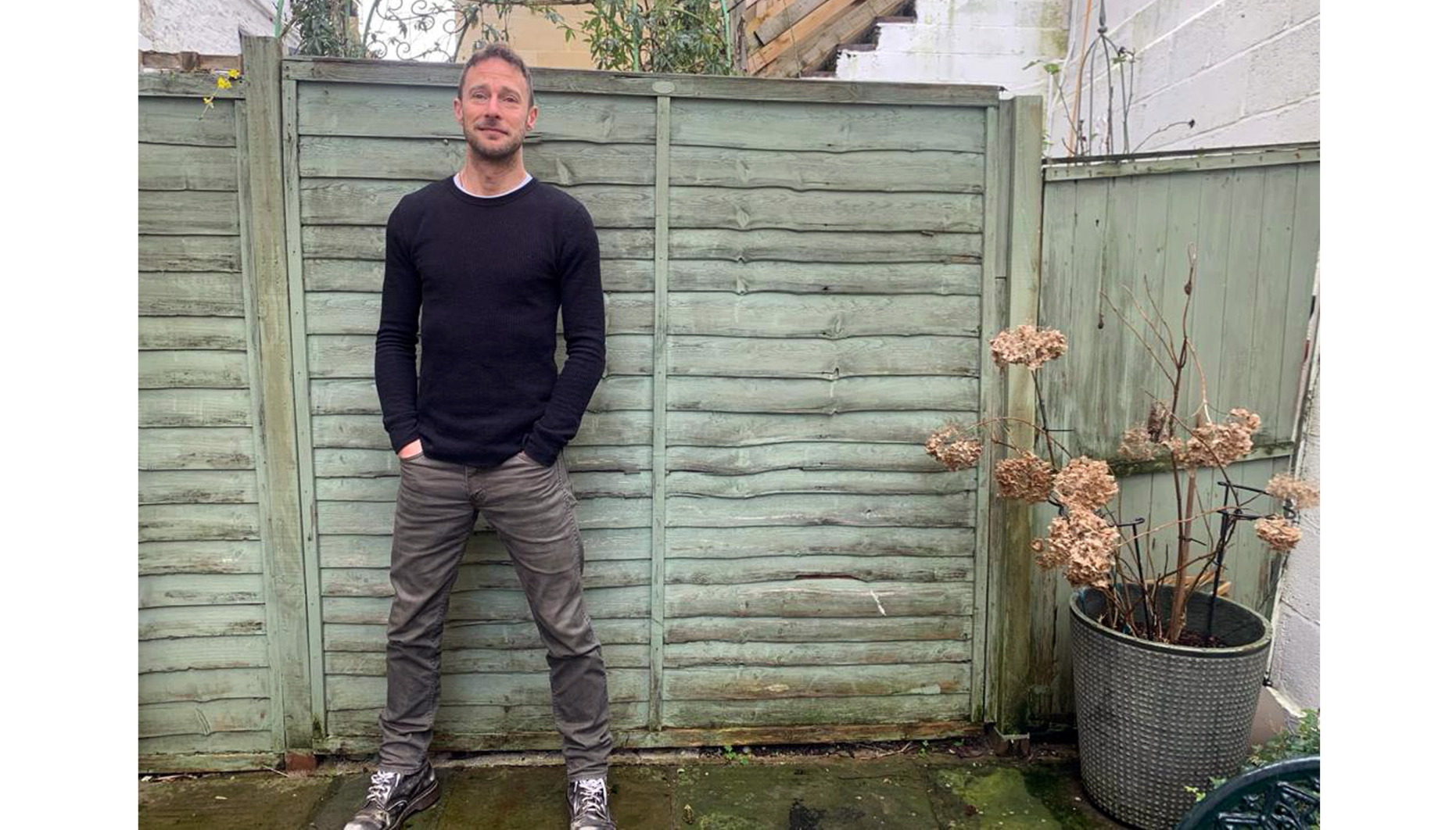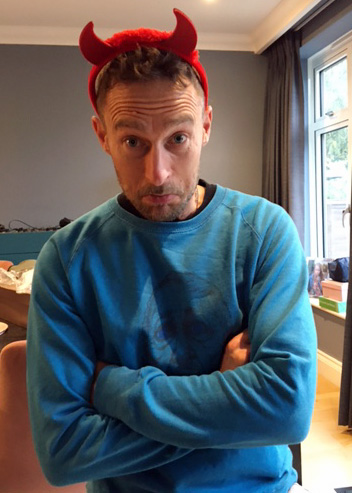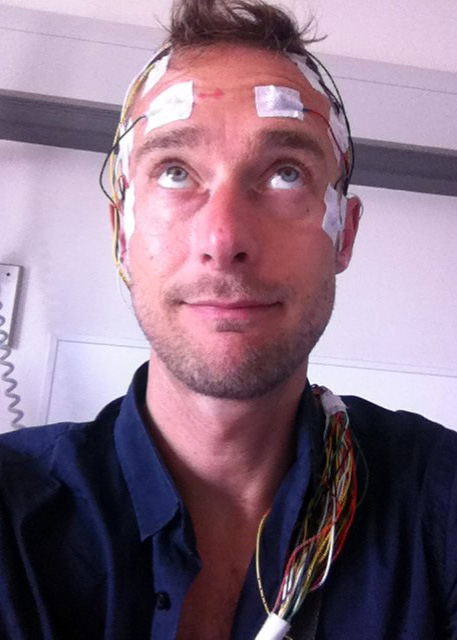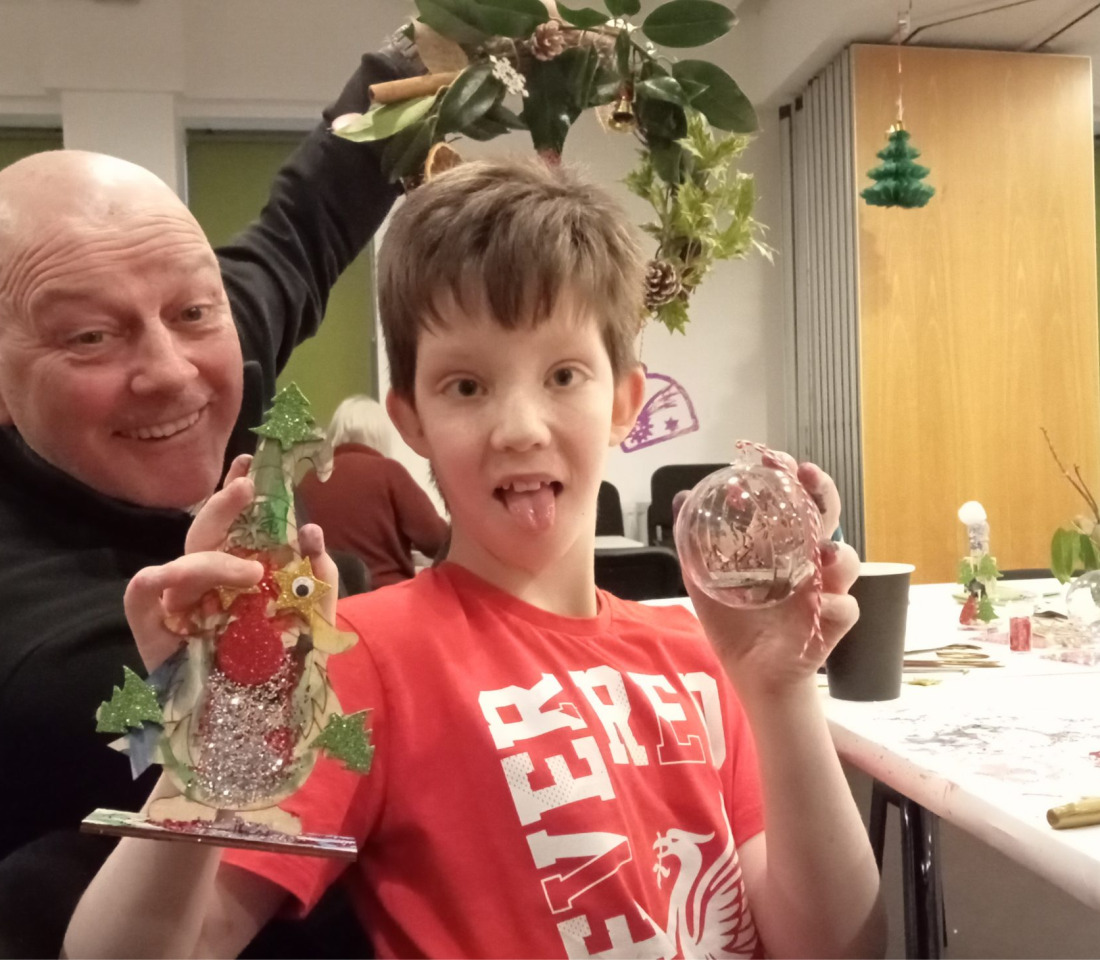
Making light of life with epilepsy: dealing with complex partial seizures
James was diagnosed with epilepsy aged 16 and has written a book about his experiences
When James Nelson was diagnosed with epilepsy, he noticed there was a lack of books which touched upon the humourous side of epilepsy – usually focusing on medicine and research.
He said that while epilepsy isn’t a light-hearted topic, being able to find humour in many scenarios – such as his complex partial seizures occurring at the most inappropriate times – has been his coping mechanism.
In this guest blog, the author of Small Malcolm Grows Up, a biographical account of living with epilepsy, shares how to make light of life with the neurological condition.
Finding humour in experiencing complex partial seizures
People often don’t recognise that I’m having a seizure. They’re not the ‘normal’, convulsive type that we are (sometimes) educated on at school.
My seizures are complex partial or focal seizures, a type which effects 20 per cent of the UK population.
The usual protocol is an often-unanticipated 20 to 30 seconds of shouting (typically swear words), occasionally spitting – the part I detest the most – and general bewilderment radiating on my face.
The period that follows the seizure lasts for an additional few minutes, and it’s this second part that causes some unforeseen and often-hilarious calamities.
Now let’s be clear; epilepsy isn’t a funny topic per se. It’s infuriating and upsetting for many of those who experience seizures and for those close by. It can also be dangerous.
However, being able to find humour in at least some of my comical calamities has been my coping mechanism for 30 years. A dry sense of humour probably helps, but it works. At least for me.

How does it feel to have a complex partial seizure?
In the post-seizure period, I am very, very confused and tend to walk away from the location in which my seizure commenced.
I’m able to operate relatively normally; I can find my way out of a room and eat a food item in my hand, for example.
I can even hold a conversation with someone, although in a somewhat nonsensical tongue. None of this I will remember, however.
It’s this part that really mystifies bystanders, who ask what on earth I think I’m doing, as I walk out of a supermarket with a basket full of unpaid food in my hand.
This was a recent episode and one in which I can find that much-needed humour.
I remember entering the supermarket and putting an angelic five-a-day quota and some chilled goods into my basket. The next thing that I was aware of is being halfway home, a 10-minute walk away.
As my brain returned to some sort of normality, I looked down and noticed the basket in my hand and the goods not in bag. Oh dear. I knew what had happened. What should I do? Return to the supermarket straight away or take the goods home for the fridge? Was there a security guard racing up the hill behind me? No.
I decided I’d take the small amount of goods home, take a photo, and then return to the supermarket to explain.
Why epilepsy awareness is so important
Some members of the public are far more understanding than others. I hoped that the manager of this well-known supermarket would have some leniency when I offered an explanation.

I approached the security guard and inadvertently baffled him with medical justifications. He radioed for the manager.
When she arrived, I explained as best I could what likely happened and the protocol of my seizures. As a senior member of staff, she’d obviously had some medical training and understood some of what I was telling her, albeit with a slightly stunned expression.
I included a brief description of other chaotic times, and it all seemed to amuse her (the security guard still looked confused).
I showed her the photo the goods that I’d inadvertently thieved and offered to pay. She told me that it didn’t matter and thanked me for my honesty.
I wonder how many members of the public in that store saw me exiting without paying. The likelihood is that before my departure, I would have been shouting and consequently, would have attracted some considerable attention.
Onlookers would perhaps describe it as the most bizarre shoplifting episode that they ever witnessed.
How many thieves make themselves a beacon with legs before walking past security, branded basket in hand, and up a busy high street?
As I marched up the hill towards my flat, did anyone try to be a good Samaritan and attempt to stop me?
They must have thought that I had a lot of front as I walked past them without even breaking a sweat.
Or maybe onlookers really didn’t care and just left me alone. Unless I’m inadvertently on one of Dominic Littlewood’s Channel 5 broadcasts on shoplifting supremacy, I guess I’ll never know!
Using personal experiences to educate others about epilepsy
I find it rewarding when I can educate others about my seizures and indeed, epilepsy in general. It is a very undiscovered and underfunded medical condition. This was an example of such a fulfilment, and not the only time it’s happened in a retail setting.
More tales are available in a book that I wrote and consequently secured a publishing deal for towards the end of 2022, Small Malcolm Grows Up.
The paperback is full of similar mishaps, but also includes some more personable, harrowing encounters. I believe that it was important to share those too, as it can be a restricting condition.
Epilepsy is most commonly experienced by the very young or the very old, when the brain is in development or decline. I am one of the unlucky few who has encountered it in a prime life stage, my first seizure occurring at the age of 16.
They first arrived as ‘auras’, a strange, dream-like feeling that only someone with the condition can relate to. It’s very hard to describe.
I’m also hapless as none of the epilepsy medication has had an influence on my seizure activity. There are many on the market and new ones are being developed all the time, so I hope others reading this will not despair.
There is lots of help out there for people dealing with neurological conditions.
Organisations such as The Brain Charity are simply wonderful. With them and a resilient spirit, our alternative brain functions needn’t completely govern our lives.
Find out more about Small Malcolm Grows Up at www.smallmalcolm.co.uk or purchase a copy at smallmalcolm.bigcartel.com
Categories: Guest blogs, Real life stories
Published: 6 May 2023














